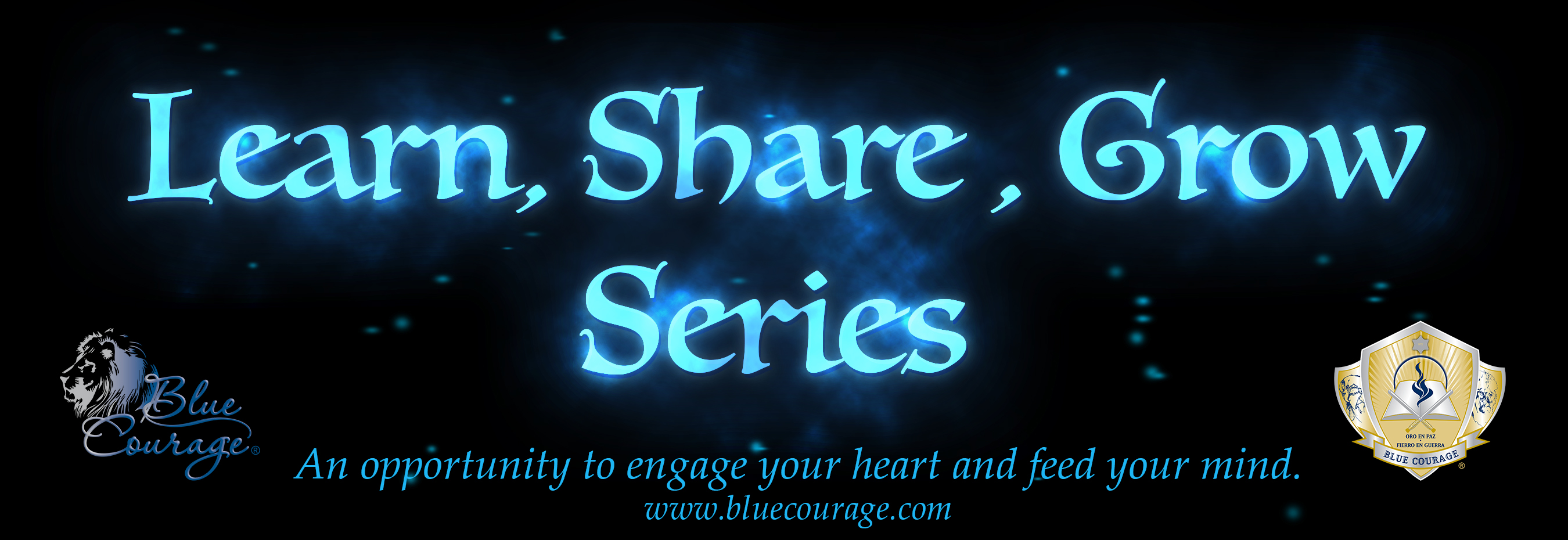Learn, Share, Grow - Resilience Is Written in the Brain

April 11, 2022
Below is a lesson from the Brisbane Times on how resilience affects the physical brain structure, as well as our key learnings.
The Blue Courage team is dedicated to continual learning and growth. We have adopted a concept from Simon Sinek’s Start With Why team called “Learn, Share, Grow”. We are constantly finding great articles, videos, and readings that have so much learning. As we learn new and great things, this new knowledge should be shared for everyone to then grow from.
Resilience is written in the brain, research finds
By Stuart Layt
March 24, 2022 — 8.06pm
New research has shown how “resilient” someone is in the face of stressful situations can be written on their brain, with scientists hopeful they can use this knowledge to help people become more resilient in the face of stressful times.
Researchers from the Gatt Resilience Lab at Neuroscience Research Australia (NeuRA) and UNSW Sydney have confirmed for the first time that certain physical structures within the brain are associated with resilience.
Resilience in a research context refers to how well someone adapts to stressful situations to retain their mental wellbeing.
The researchers were specifically looking at early life stress (ELS) and its effect on adults, using a targeted questionnaire to establish ESL such as parental divorce, bullying, or even exposure to natural disasters as a child.
Continue reading here.
Key learnings:
- Researches from get Gatt Resilience Lab at Neuroscience Research Australia and UNSW Sydney specifically looked at early life stress (ELS) and it’s affects an adults Found that the physical brain structure of people who had ELS and high well-being (resilience) showed clear differences from those who experienced similar ELS but reported lol well-being.
- Having a tightly connected neural net work is often seen as a good thing. The individuals who reported high well-being but experience ELS had two specific networks, which were in the temporal and parietal at all as well as the frontal regions of the brain — The regions that are related to emotion and cognitive functioning.
- People with low well-being that experienced ELS had much looser, keyless connected structures in the same areas.
- The study researchers believe they have found clear evidence that stress early in life can leave a lasting impact on the structure of the brain and adult mental health.
- The research is believe the structures have built up in people who are resilient as their brain adapted to the stressful situations over time.
- People who did not have ELS had different structures again, with your connections but which were probably “more efficient.”
- Well experiencing ELS can have an effect on your brain as an adult, it doesn’t have to be negative if you’re adopting strategies that can change and boost your resilience.
Stay connected with news and updates!
Join our mailing list to receive the latest news and updates from our team.
Don't worry, your information will not be shared.
We hate SPAM. We will never sell your information, for any reason.

